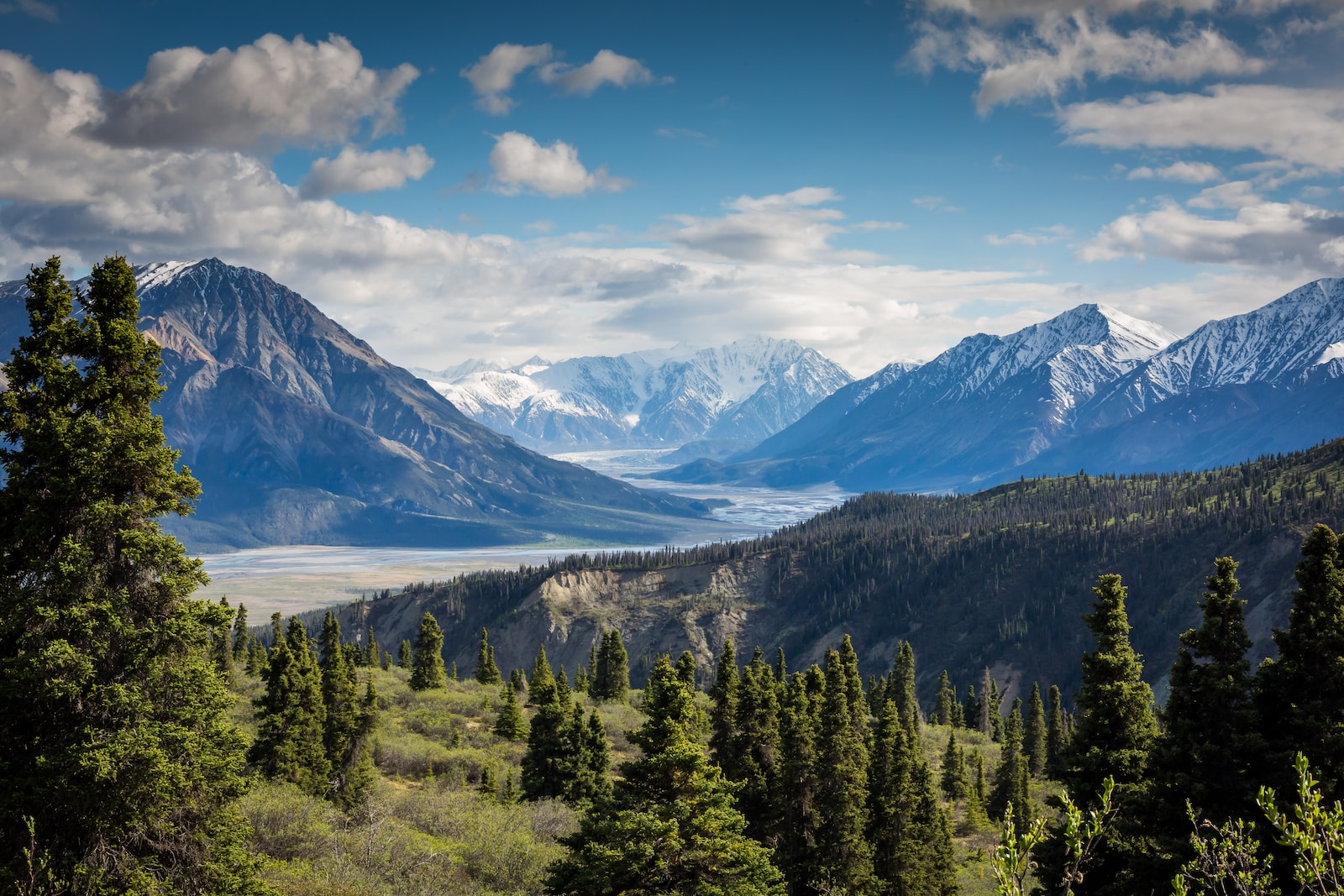High blood pressure and altitude: friends or foes?
How many times have you wondered if high blood pressure and altitude are compatible? Holidays can represent a form of therapy for hypertension. It is certainly beneficial to get away from tiring, extreme situations that put severe stress on the organism, and especially the cardiovascular system.
Those who suffer from hypertension should only frequent mountain locations up to 3000 meters above sea level if they are taking therapy that keeps their blood pressure in control. At high altitudes, therapy may also need variation, as the organism’s response to the stress caused by altitude, physical effort and the cold leads to an increase in blood pressure.
It is important to limit physical activity in the first few days at altitude and avoid severe effort for a couple of hours after meals or in uncomfortable weather: too hot or too cold. We recommend that you adopt a healthy lifestyle and diet as a form of prevention, keeping your bodyweight in check and avoiding smoking and excessive alcohol consumption.
A study at the University of Milano-Bicocca and the Italian Auxologic Institute, published in the European Heart Journal, shows that the reduced oxygen availability at high altitude can cause a dangerous increase in blood pressure in the first 24 hours, and that most common antihypertensive drugs are no longer effective at altitudes above 3400 meters.
The study involved a group of healthy volunteers who normally live, work and exercise at sea level, and intended to investigate the effects on blood pressure and other aspects of cardiorespiratory function due to acute and prolonged exposition to reduced oxygen availability at altitude. The results can however be relevant even for those who, despite being at low altitudes, are temporarily suffering from hypoxia, meaning deprived of an adequate oxygen supply.
Gianfrango Parati, coordinator of the project, professor of Cardiovascular Diseases at the University of Milano-Bicocca and Director of the Laboratory of Cardiologic Research at the Italian Auxologic Institute, explains that the study provides the first systematic demonstration that blood pressure increases significantly and progressively with increasing altitude. He states that this increase happens instantly as one reaches high altitudes, lasts for the entire time you spend there, and is observable throughout the entire 24 hours of the day, but with a more significant increase at night, thus reducing the physiological drop in blood pressure during these hours. Blood pressure then returns to normal levels once the individual returns to sea level. Furthermore, the increase in systolic blood pressure at the Base Camp of Mount Everest was greater for those above 50 years of age than in younger subjects.
Scientific articles below:
- Ipertensione e montagna: in alta quota le pressione sale, lo dimostra una ricerca sull’Everest https://www.unimib.it/open/news/In-alta-quota-la-pressione-arteriosa-sale-Lo-dimostra-una-ricerca-sullEverest/655909458912788587
- Ambulatory Blood Pressure in Untreated and Treated Hypertensive Patients at High Altitude (Hypertension. 2015;65:1266-1272) http://hyper.ahajournals.org/content/65/6/1266.abstract
- Changes in 24 h ambulatory blood pressure and effects of angiotensin II receptor blockade during acute and prolonged high-altitude exposure: a randomized clinical trial (European Heart Journal 2014; volume 35 issue 44 3113-3122) http://eurheartj.oxfordjournals.org/content/35/44/3113.long
- Relationship between altitude and the prevalence of hypertension in Tibet: a systematic review (Heart 2015;0:1–7.) http://heart.bmj.com/content/early/2015/05/06/heartjnl-2014-307158.long
- Differences in Cardiovascular and Hypothalamic-Pituitary-Adrenal Axis Functions between High-Altitude Visitors and Natives during a Trek on the Annapurna Circuit (Neuroendocrinology 2014;99:130-138 ) http://www.karger.com/Article/FullText/363367


